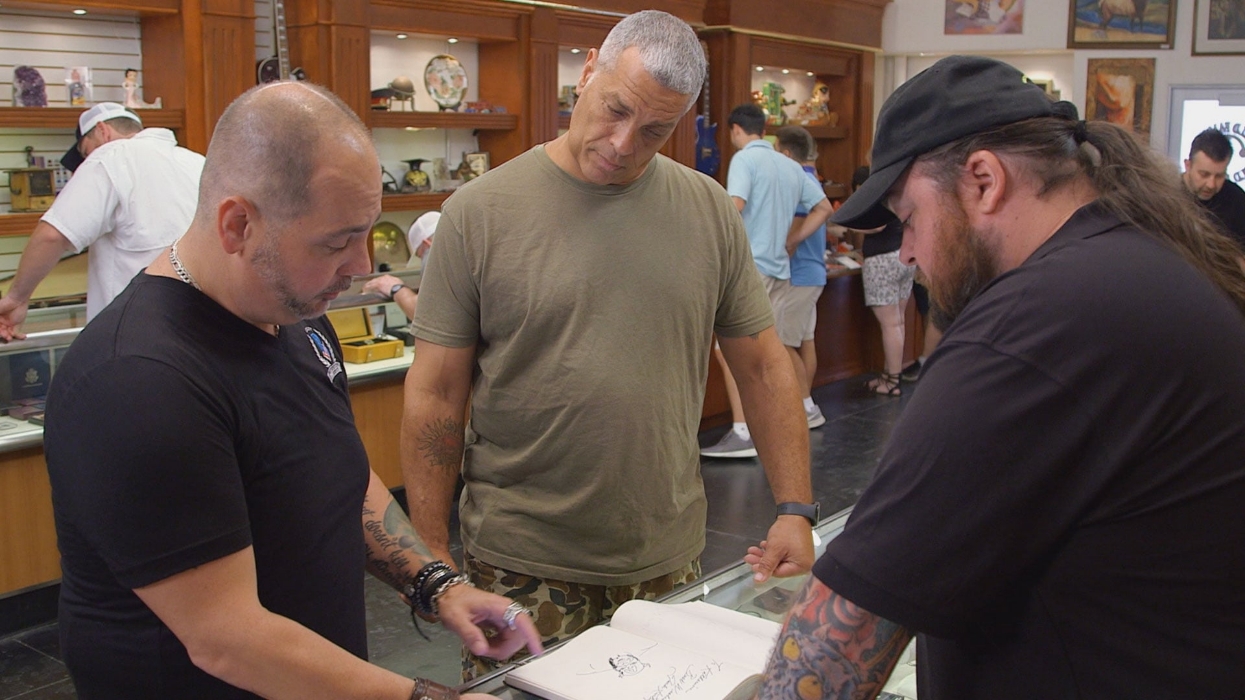Negotiation is an essential skill for many professionals, but few know its value better than pawnbrokers. These skilled negotiators buy and sell goods every day, negotiating with clients to get the best possible deal for both parties. In this blog post, we will explore some of the top tips and tricks for successful negotiation, as shared by experienced pawnbrokers.
1. Do Your Research
Before entering into a negotiation, it’s essential to know as much as possible about the item you’re negotiating over. Pawnbrokers research items such as jewelry, antiques, and collectibles, looking for their true value and determining how much they can offer. In the same way, anyone entering a negotiation should research the topic thoroughly to ensure they have all the relevant information.

2. Know Your Bottom Line
Before entering into any negotiation, it’s essential to know your bottom line. What is the minimum you’re willing to accept? Pawnbrokers always know the value of the items they’re buying or selling and will never agree to a price that doesn’t meet their bottom line. Knowing this information in advance will help you avoid settling for less than you deserve.
3. Be Prepared to Walk Away
One of the most powerful tools in any negotiation is the willingness to walk away. Pawnbrokers know that not every deal is worth making, and sometimes it’s best to walk away and wait for a better opportunity. The same applies to any negotiation. If the other party isn’t willing to meet your bottom line, be prepared to walk away and explore other options.
4. Listen More Than You Talk
One of the biggest mistakes people make in negotiations is talking too much. The best negotiators know that listening is often more valuable than speaking. Pawnbrokers will ask clients about the history of their item, how they came to own it, and why they’re looking to sell it. By listening carefully, they can uncover valuable information that can help them negotiate a better deal.
5. Stay Calm and Confident
Negotiation can be stressful, but it’s important to remain calm and confident throughout the process. Pawnbrokers are used to negotiating in high-pressure situations, and they know that keeping their cool is essential to success. By staying calm and confident, you can project authority and persuade the other party to agree to your terms.
6. Use Anchoring
Anchoring is a powerful negotiation tactic used by pawnbrokers and other skilled negotiators. The idea is to set an anchor or starting point for the negotiation. For example, a pawnbroker might offer a low price for an item, knowing that the other party will counter with a higher offer. By using this tactic, you can control the negotiation and steer it in the direction you want.
This tactic is effective because humans tend to rely on the first piece of information they receive to make judgments and decisions. By setting an anchor, the negotiator can influence the other party’s perception of what a fair price or outcome might be, and they can steer the negotiation in the direction they want.
It’s important to note that anchors should be reasonable and based on research and knowledge of the item being negotiated. If the anchor is too extreme or unrealistic, it can backfire and lead to a breakdown in negotiations. However, when used appropriately, anchoring can be a powerful tool in negotiation.
7. Build Rapport
Building rapport with the other party is crucial to a successful negotiation. Pawnbrokers are skilled at establishing a connection with clients, making them feel at ease, and building trust. By building rapport, you can create a more positive negotiating environment, making it easier to reach an agreement.
Overall, building rapport is an important negotiation skill that can be used by anyone. It requires active listening, empathy, and finding common ground to create a personal connection with the other party. By establishing rapport, you can create a positive and productive negotiating environment, making it easier to reach a mutually beneficial agreement.
8. Don’t Make It Personal
Negotiation is a business transaction, and it’s important not to take it personally. Pawnbrokers are always professional, even when negotiating over sentimental items like family heirlooms. By keeping emotions in check and focusing on the task at hand, you can negotiate more effectively.
Conclusion
In conclusion, negotiation is an essential skill for anyone who wants to succeed in business or in life. Pawnbrokers have honed their negotiation skills through years of experience, and the tips and tricks they’ve shared can be applied to any negotiation. By doing your research, knowing your bottom line, staying calm and confident, and building rapport, you can negotiate successfully and achieve your goals.




